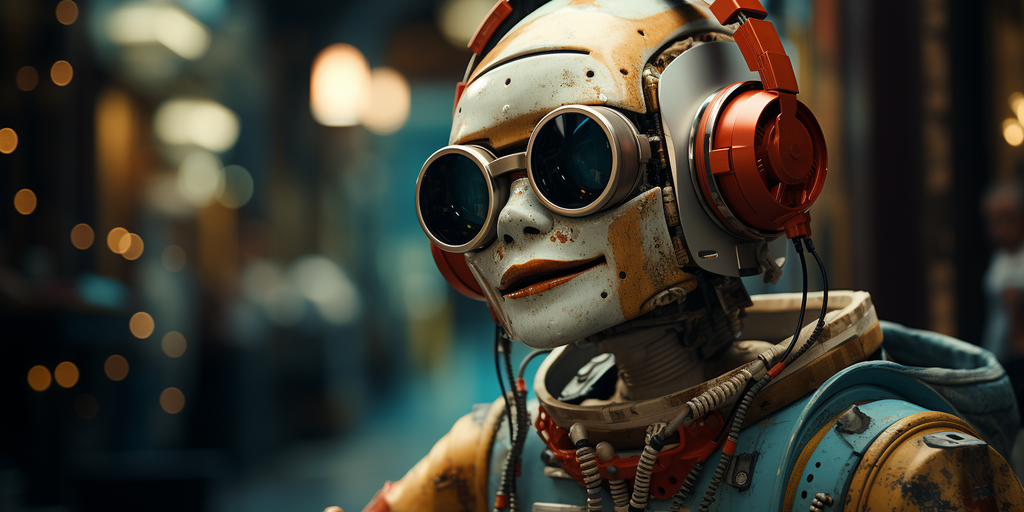Spotify is OK with AI, after all. In a reversal from an earlier decision, the CEO of the world’s biggest music streaming service said Tuesday that it would not ban AI-generated music. This follows an announcement of AI-translated podcasts, giving both commercial and independent producers a way to reach international markets.
Earlier this year, an AI song entitled “Heart on My Sleeve” that mimicked the voices of Drake and The Weeknd went viral on Spotify. The track was created by startup Ghostwriter using a neural network trained on the artists’ voices. After the song’s popularity exploded online, Spotify removed it from the platform. This aligned with their prior prohibition of AI-made music, likely intended to avoid legal issues or public backlash.
The creator later also tried to nominate the song to the Grammys—but it was rejected based on the determination that AI creations cannot be copyrighted.
In a recent BBC interview, Spotify CEO Daniel Ek said the company has changed course and will take a “nuanced approach,” stopping short of completely banning AI music. While directly impersonating artists without consent is unacceptable, he said there are valid uses of AI in music creation that should be allowed.
“It is going to be tricky,” Ek acknowledged. “We have a very large team that is working on exactly these types of issues.”
Beyond Music, Translated Podcasts Are Coming
Spotify is not just allowing AI music, the music app will also soon pilot a feature leveraging AI to translate podcasts into different languages while retaining the speaker’s voice.
“Today, we’re excited to pilot Voice Translation for podcasts, a groundbreaking feature powered by AI that translates podcasts into additional languages—all in the podcaster’s voice,” Spotify said in an official announcement on September 25.
The feature will be rolled out gradually. Spotify will begin with a selection of podcasts translated into Spanish, with French and German around the corner.
AI researcher Lex Fridman endorsed the technology on Twitter, stating it could help “reveal our common humanity.” Fridman showed a video of him speaking Spanish with a native voice tone even though he does not speak the language.
This is me speaking Spanish, thanks to amazing work by @Spotify AI engineers. The translation & voice-cloning are fully done by AI. Language can create barriers of understanding & thus fuel division. I can’t wait for AI to break down this barrier & reveal our common humanity ❤… pic.twitter.com/pH8EYcBDj2
— Lex Fridman (@lexfridman) September 25, 2023
The Case Against AI in Art
There are artists beyond the music industry who remain skeptical of AI’s growing role, arguing it could threaten creative professions. While some have been very vocal against the technology, others have taken things to the next level and have filed lawsuits against AI companies, claiming the systems unfairly copy their work during training.
For example, writers like George R.R. Martin have objected to AI systems like ChatGPT building on their work without permission. Visual artists have brought similar cases against AI image generators like Midjourney.
By embracing AI’s creative potential with proper precautions, Spotify hopes to tap into new possibilities while avoiding legal pitfalls. But in Ek’s words, regulating this technology while addressing valid artist concerns will likely remain “tricky.”
Spotify is cautiously opening the door to welcome more groundbreaking AI creation and transformation. But their ongoing balancing act highlights persistent tensions around generative AI’s growing mainstream presence.
Stay on top of crypto news, get daily updates in your inbox.
Source: https://decrypt.co/198838/spotify-ai-generated-music-podcast-translation



